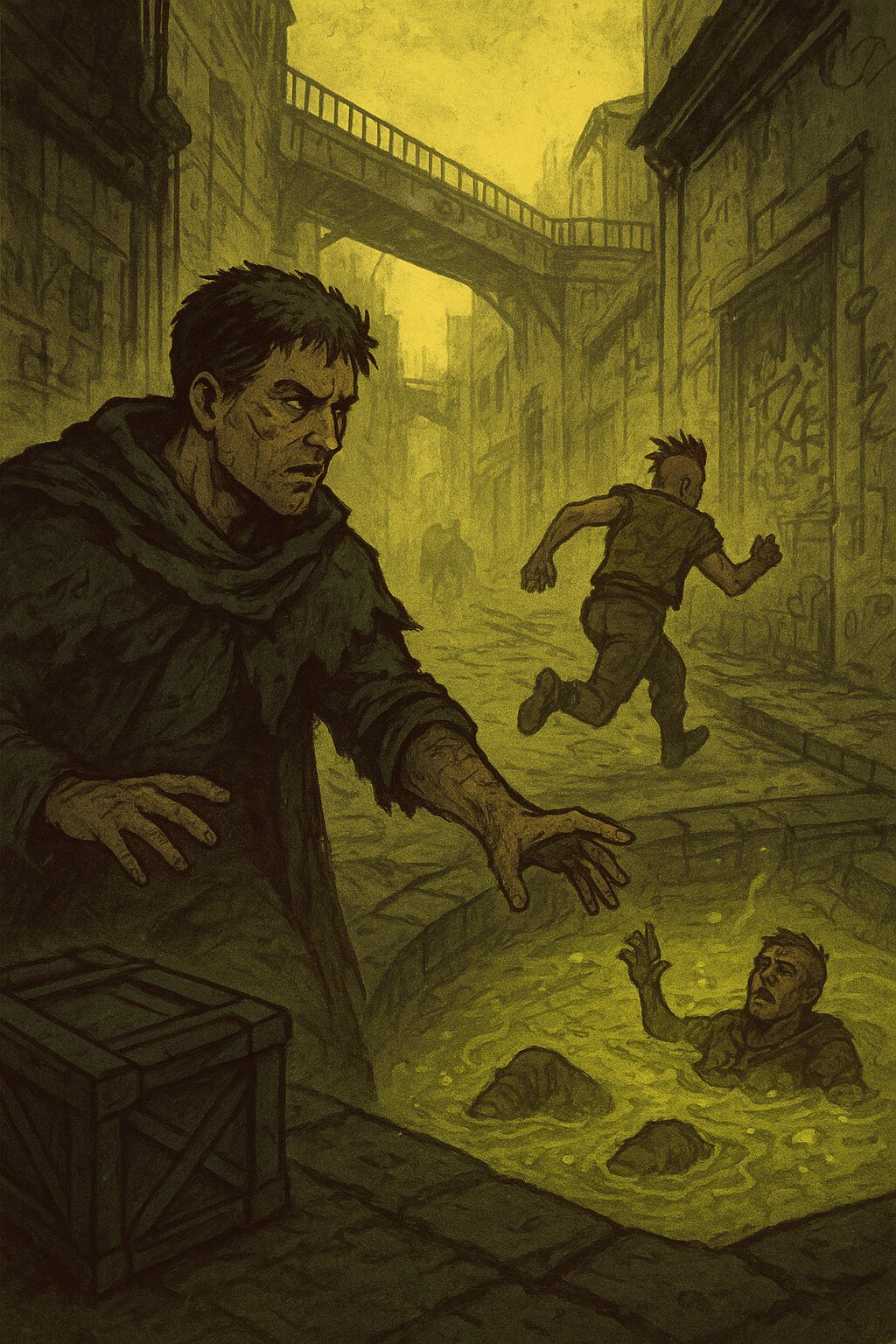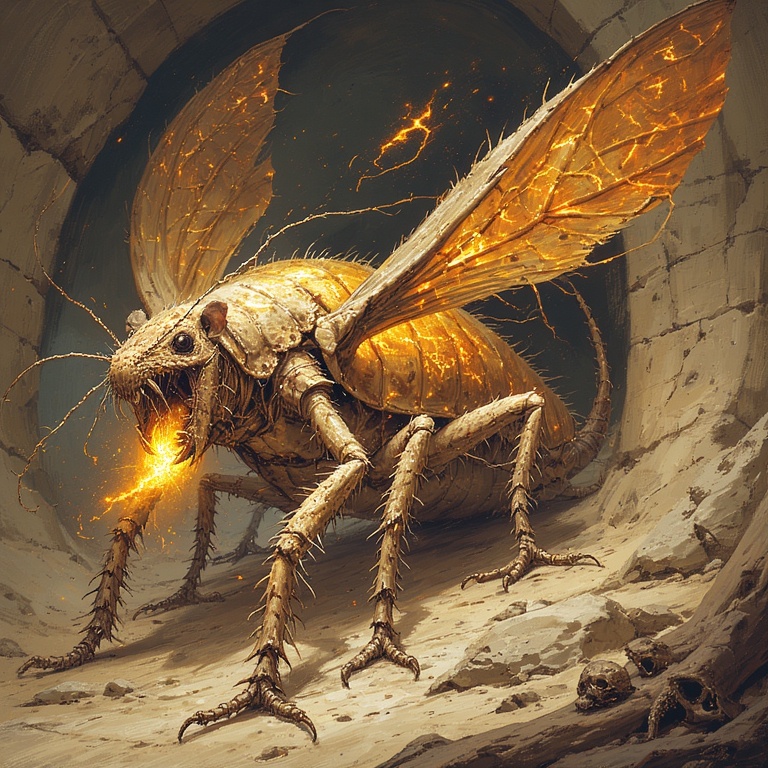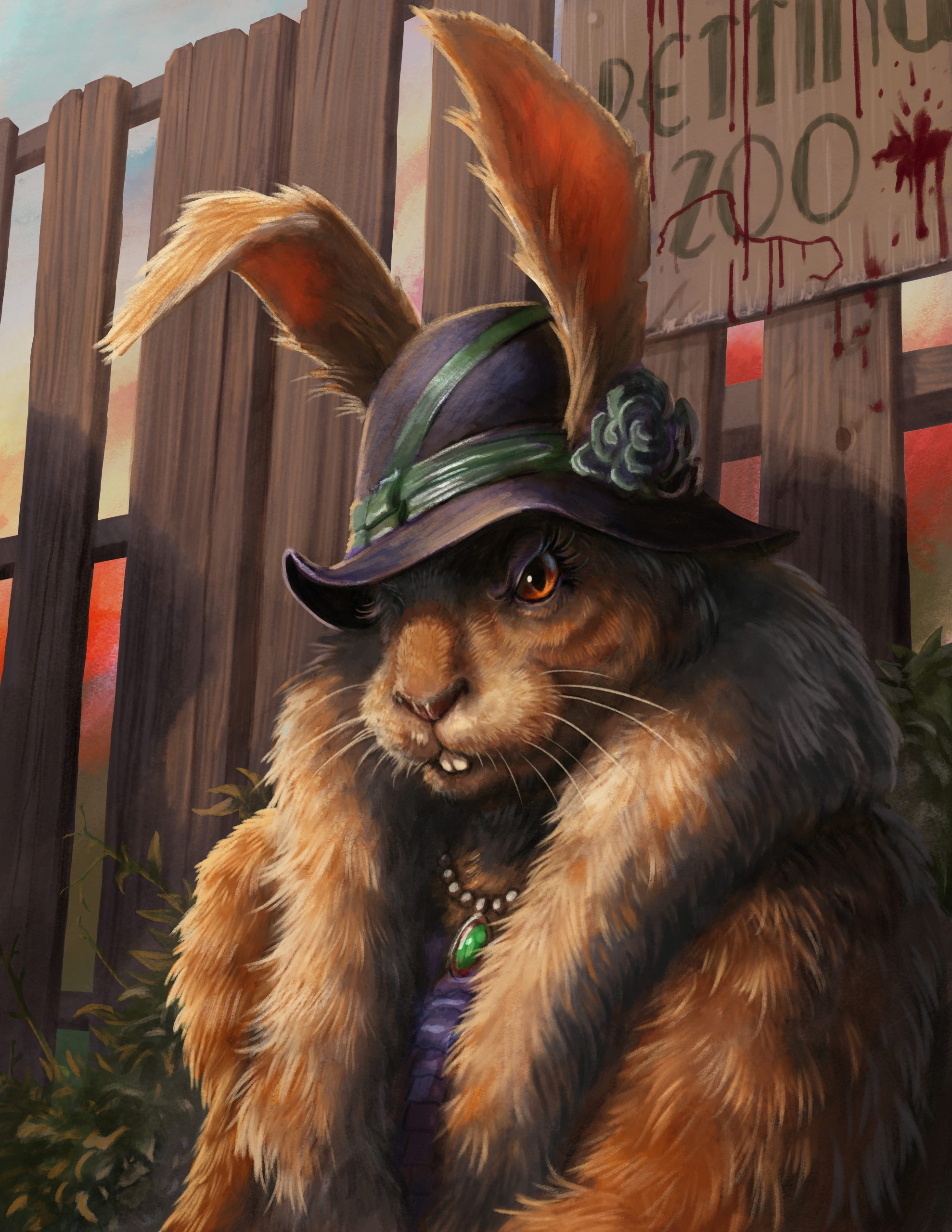
Player-Driven Stakes & Street-Level Choices in Under the Dome
What matters most in the moment?
Under the Dome, survival isn’t a puzzle with one right answer. It’s a dirty gamble where you never have enough hands for all the cards on the table. The ganger with intel is bolting down an alley, your crewmate is screaming as acid eats through their armor, and a crate of grind—the difference between eating tomorrow or starving—teeters on the edge of a gangway.
Which one do you save?
🎲 Why Player-Driven Stakes Matter
In many D&D games, the plot tells players what’s important. Rescue the hostage. Slay the dragon. Retrieve the artifact. But in the chaos of Crystalia’s streets—or any gritty campaign—it’s not the grand quests that define your character. It’s the street-level choices, the split-second moments when survival and loyalty collide.
Giving players control of the stakes means:
-
They choose what their character values most.
-
The world reacts dynamically to their choices.
-
Every decision reshapes relationships, reputation, and the battlefield.
⚔️ Street-Level Examples Under the Dome
-
The Acid Pit Rescue: Do you pull your ally out, risking exposure yourself, or let them fall and live with the scar on your conscience?
-
The Crate of Grind: Secure it for wealth and momentum—or abandon it to save lives, knowing someone else will profit from your hesitation.
-
The Fleeing Ganger: Let the rat slip away with secrets, or chase them at the cost of leaving your crew vulnerable.
And then there are the desperate plays:
-
Slam a stolen trike into an enemy line.
-
Collapse a gangway to cut off pursuit—knowing civilians might be trapped too.
-
Overload a salvaged chaos-weapon, gambling on whether it takes them out or takes you with it.
🧠 Generic D&D Advice: Bringing Player Stakes to the Table
Even outside the Dome, these principles make for more dynamic sessions:
-
Don’t Over-Plan the Scene. Build encounters with pressure points (hostage, treasure, rival) and let the players decide which to prioritize.
-
Add Multiple Objectives. Instead of “kill all the goblins,” it’s “stop the alarm bell, protect the villagers, or keep the bridge intact.” Suddenly, every round matters.
-
Encourage Desperate Creativity. Let players try risky stunts: grappling a wyvern mid-flight, smashing the wizard’s staff to end a spell, setting fire to the oil barrels in the room. Use flexible rulings and advantage to reward boldness.
-
Make Consequences Stick. Saving one thing usually means losing another. Play out those losses. NPCs will remember who was saved… and who wasn’t.
🗝️ For the DM
The key is to create forks in the road that can’t all be taken. Don’t punish players for “wrong” choices—reward them with evolving consequences that ripple into future sessions. Under the Dome, today’s split-second gamble might shape next month’s gang war.
At the end of the day, survival isn’t about doing everything. It’s about deciding what’s worth doing when you can’t do it all.
So—when the ganger runs, the crate slips, and the acid boils—what does your character grab for first?
Thanks for reading. Until Next Time, Stay Nerdy!!










Pingback: Subclass Spotlight: The Symbiotic Engineer (Artificer) – Nerdarchy
September 8, 2025 at 7:44 pm